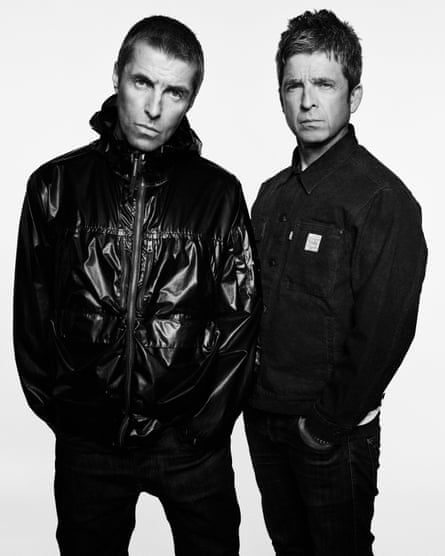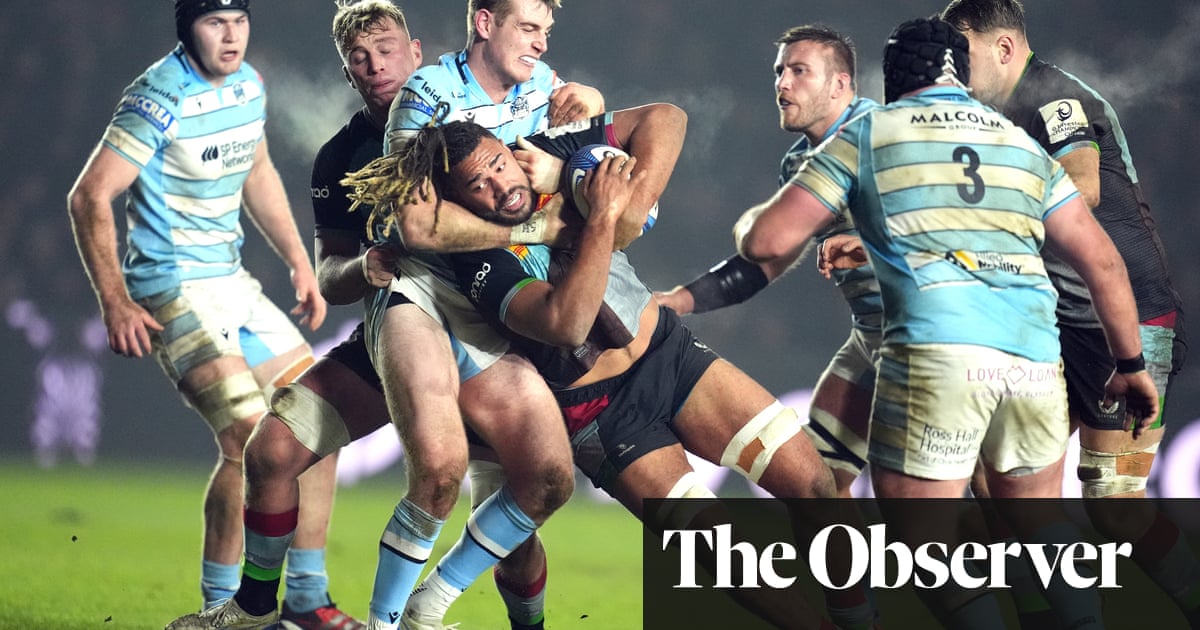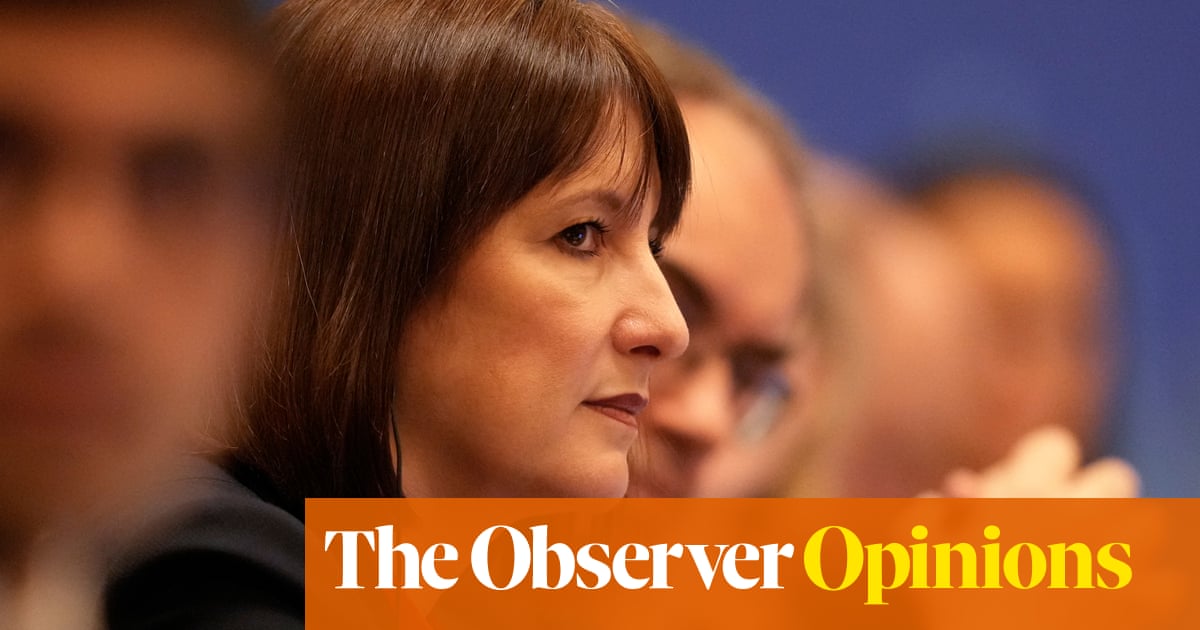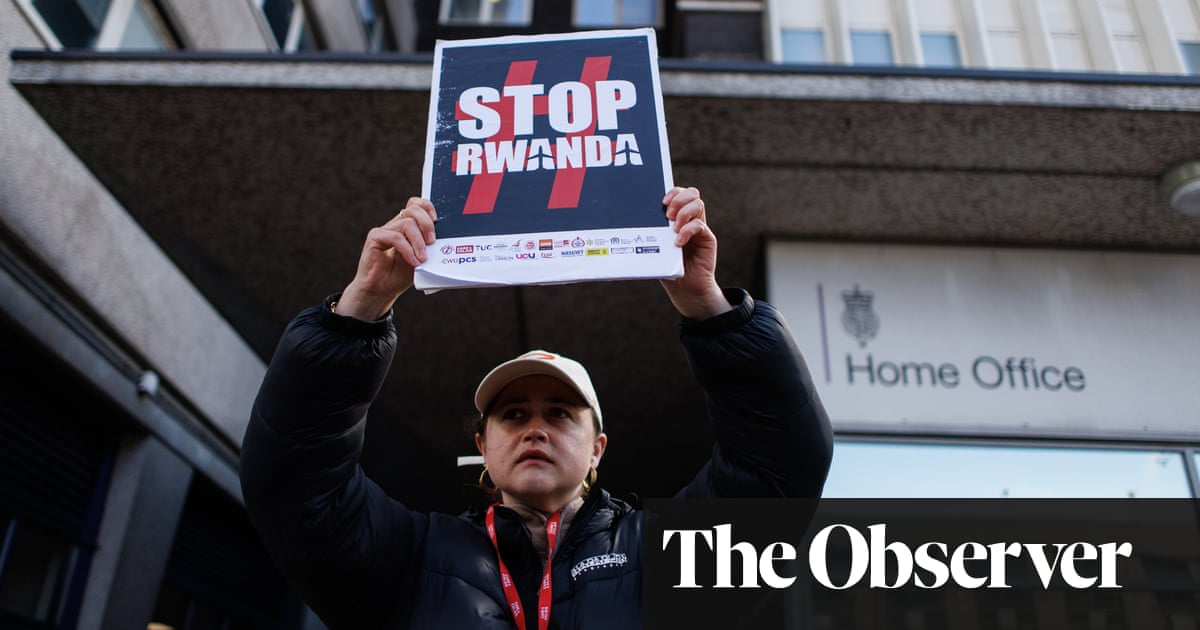Ticket fees for live shows have risen substantially in the past decade, according to Observer analysis that found fans are paying mark-ups as high as 41% over face value.
Most of this money does not go to artists, who have complained that they face a “cost-of-touring crisis”. Last week, the singer Kate Nash held a protest outside the offices of entertainment giant Live Nation, after saying she is making more from selling pictures of her bottom on OnlyFans than from touring.
Artists typically get between 70% and 90% of the face value of tickets, from which they need to pay the cost of staging their performance. The rest goes to the promoter, who hires the venue and arranges for ticket sales.
Fees are a way for the promoter, venue and ticket platform to take a larger cut of the amount fans pay. In 2014, a survey by the consumer group Which? found that fees added 18% on average to face values. Ticket memorabilia posted online shows relatively modest fees on paper tickets of less than 10%, such as a £4.95 booking fee on a £55 Stone Roses concert at Heaton Park in 2012.
Analysis of 52 UK gigs this year found that the average mark-up for 26 events sold by Ticketmaster was 25%, while 14 sold by Eventim saw an extra 30% on average. See sold tickets at 45 of the events, with an average mark-up of 24%, and Dice, which shows fees upfront, averaged 17% on its 18 events.

For a concert in February at the O2 Academy in Bournemouth by the singer-songwriter Dylan, fans using Eventim were charged £28.25 on a face value of £20 – a 41% mark-up – paying a £2.50 booking fee, a £1.75 venue levy, a £1.50 processing fee and £2.50 for a mobile ticket.
“It’s obviously a way of increasing revenues without seemingly impacting the stated face value,” said Tim Chambers, a ticketing consultant with 30 years in the industry. “The music industry may be the worst example of rampant commercialism, but theatre, sports, tourist attractions – they’re not far behind. If you book online or by phone for cinema tickets, you now pay a booking fee – but they own the cinema, and the ticketing solution. They are the producer, the promoter, the venue and the retailer.”
There is a tangled relationship between venues, promoters, ticket platforms and artists, who all benefit from fees. AEG promotes Kylie Minogue and Katy Perry through AEG Presents, and owns AXS tickets and venues across Europe. Live Nation promotes tours by hundreds of artists such as Taylor Swift and Paul McCartney. It owns Ticketmaster and 28 venues and festivals in the UK. Live Nation told investors in 2018 that it was pursuing a strategy of increasing ticket fees to match those levied in the US, with chief executive Michael Rapino talking of “great pricing potential for the next 10 years”.
A manager of several big-name bands, speaking anonymously, told the Observer that gig-goers are losing out because major companies have exclusive deals with venues, so they get to sell most of the tickets – squeezing out independent ticket firms.
These deals lead to “excessive fees” and “frustrate any fair competition and deny the consumer and artist choice,” the manager said,
after newsletter promotion
Rocio Concha, Which? director of policy and advocacy, said: “Tickets for popular gigs can be eye-wateringly expensive, and it’s no surprise consumers feel taken for a ride when they see sneaky extra fees for booking and processing added at the checkout.” She was pleased that new consumer protection laws mean that, from April, companies must give customers an upfront price to combat “drip pricing”.
A Ticketmaster UK spokesperson said: “Our average service fee is 10% of the total transaction, from which we take a portion to cover the cost of running a business, our customer service, our anti-bot technology to block touts and more. The rest is rightly shared with venues, festivals and promoters who all invest their time and money into getting an event off the ground. The entire face value of a standard ticket goes directly to our event partners.”
The Competition and Markets Authority has begun an investigation into Ticketmaster over dynamic pricing used for Oasis’s reunion tour next year. The government is due to launch a consultation in the coming weeks into capping resale values of tickets to combat touting.
A government spokesperson said: “Everyone deserves a fair chance to see their favourite artists live. That is why vendors are required by law to be transparent about their ticket prices. We want to go further to put fans back at the heart of music and will bring in protections to stop people being ripped off by touts.”

.png) 1 month ago
15
1 month ago
15













































